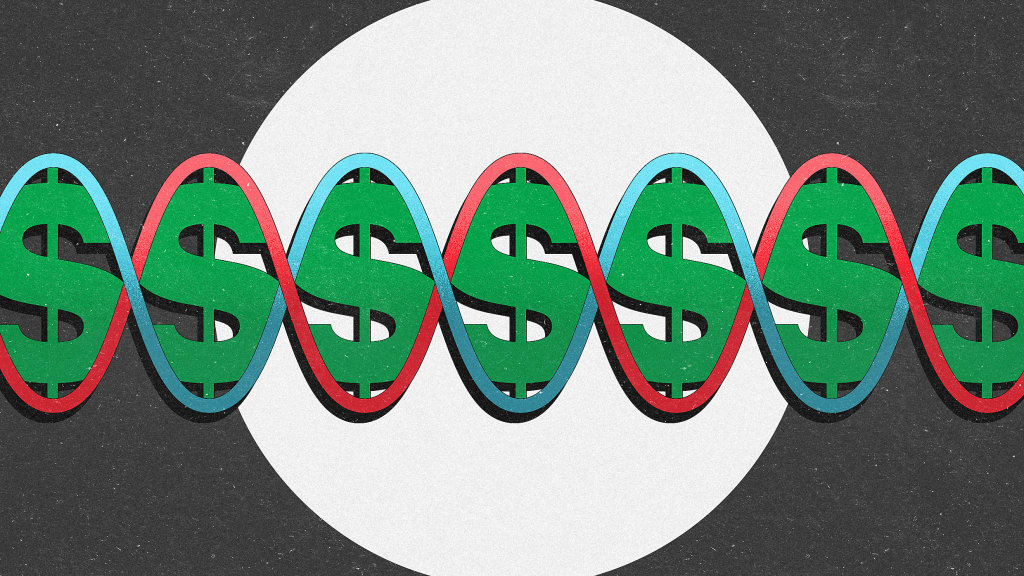
"Consider, for instance, the dilemma posed by sickle cell disease. About 100,000 Americans suffer from the condition, in which a genetic defect causes red blood cells to become crescent-shaped and impede circulation, leading to severe pain and shortened lifespans."
"Curing the condition once and for all could actually save money in the long run, compared to managing the disease year after year and only slowing, not stopping, the patient's decline."
The FDA has approved numerous gene therapies for rare diseases, but patients struggle to access these due to insurers denying coverage. The high costs, like those for sickle cell treatments priced over $2 million, stem from extensive R&D and the small patient base. Despite insurers' concerns about affordability, these therapies could ultimately save money by resolving health issues permanently, thus avoiding ongoing management costs. Innovative financing models are needed to ensure access without burdening insurers.
Read at Fast Company
Unable to calculate read time
Collection
[
|
...
]